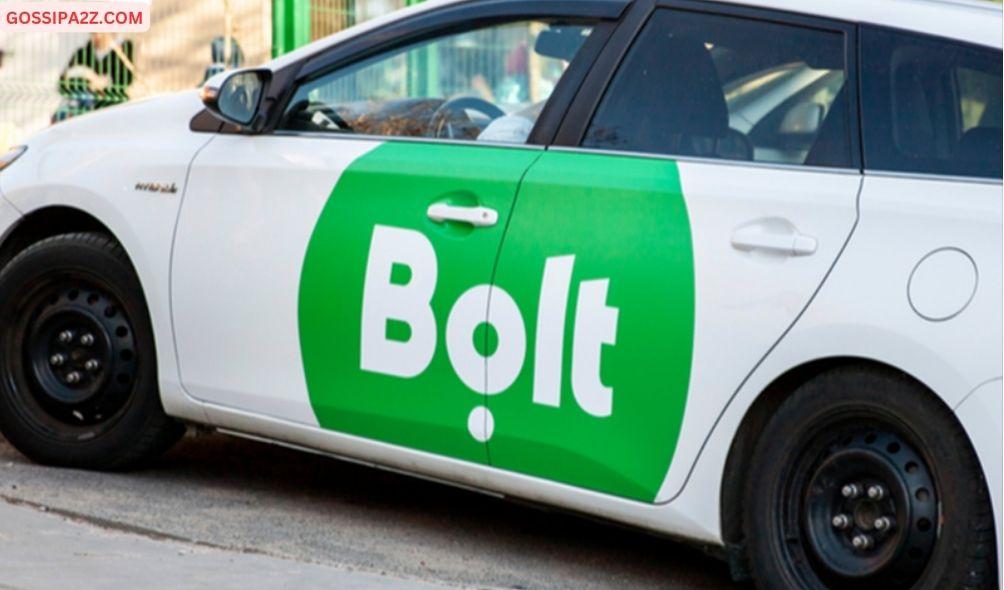NTSA Denies Bolt License Renewal Amid Driver Protests
The Kenyan transport regulator has declined to renew the taxi-hailing company Bolt’s license due to alleged violations, including illegal commission charges and a booking fee, handing a blow to the Estonian company as it prepares new investments to expand its local market presence.
The National Transport and Safety Authority (NTSA) had received a letter from Bolt requesting the renewal of its operating license days before its expiration.
The regulator, however, denied the request, citing a growing number of complaints from drivers and their representatives regarding alleged noncompliance and violations of regulations.
According to correspondence obtained by PoliticalPulseChat, NTSA deputy director and head of licensing Cosmas Ngeso informed Bolt country manager Linda Ndungu last week that the company will lose its transport network company operator license at the end of the month if it does not address the violations satisfactorily.
“Please note that the Authority is not able to proceed with the renewal of your operator license until the issues raised by drivers and their representatives are satisfactorily addressed and rectified,” said Mr Ngeso in the letter to Bolt on behalf of NTSA director-general George Njao.
“In light of these, we urgently request you to provide us with a concrete plan of action outlining steps your company intends to take to rectify this situation.”
The current license for Bolt was issued on October 28, 2017, and will expire in 17 days.
ALSO READ:
- Snipers, Drones, Bulldozers: Gaza Border Guards Recall Hamas Assault
- KPA Re-Floats Liberian Ship After Sinking for 24 Hours at Indian Ocean
PoliticalPulseChat attempted to contact Mr. Njao of the NTSA to inquire if any other taxi-hailing company was in the same circumstance as Bolt, but he failed to respond despite promising to do so.
Ms. Ndungu told PoliticalPulseChat that the company has been operating as a “fully compliant operator” by the regulations and is in the process of renewing its license before its expiration.
“Bolt currently has a license in the market, and continues to work with the regulator in the stipulated license renewal process going forward,” she said.
Bolt has allegedly violated the Transportation Network Companies (TNC), Owners, Drivers, and Passengers Regulations, 2022, with the “most pressing concerns” involving commission charges and an “illegal” booking fee, according to the NTSA.
The regulations prohibit taxi-hailing applications from deducting fees other than the commission from customers.
Ms. Ndungu, however, stated that Bolt charged booking fees to consumers as opposed to drivers.
“Bolt charges a fixed percentage booking fee that is paid by the passenger. The booking fee assists with covering support and enhanced technological features that ensure an even more efficient service on our platform,” said Ms Ndungu in an emailed response to our queries.
Bolt is the largest ride-hailing service provider in terms of the number of cities in which it operates, with services available in 16 cities, including Kakamega, Nakuru, Naivasha, Eldoret, Kitale, Nyeri, Meru, Embu, Nanyuki, Karatina, Kilifi, and Malindi.
The company operates ride-hailing and delivery services in six African nations, including Kenya, Ghana, Nigeria, Uganda, Tanzania, and Tunisia, with over 47 million customers and 900,000 drivers.
ALSO READ:
Its largest competitor, Uber, operates in Nairobi, Thika, Mombasa, and Nakuru, and has expanded to five additional cities since last June: Kisumu, Eldoret, Naivasha, Elementaita, and Gilgil.
The regulator has ordered Bolt to provide a breakdown of the commission rates presently in effect, highlighting instances in which commission rates have exceeded the 18 percent maximum.
Bolt must also clarify the rationale behind its commission structure, cease charging what the NTSA deems to be an illegal booking fee, and ensure strict compliance with the regulations.
Bolt, which entered Kenya as Taxify in 2016, will be severely harmed if its license is not renewed.
The NTSA has informed Bolt that it has “substantial evidence” that the company violates subregulation (2) (g) of the TNC regulations by charging commission rates greater than 18 percent and a booking fee.
The regulations prohibit taxi-hailing companies from paying drivers commissions that exceed 18 percent. It also prohibits them from charging chauffeurs booking fees in addition to their commissions.
The Estonia-based taxi-hailing company confronts a race against time to comply with NTSA regulations if it wishes to continue operations beyond October 28.
“We will be available to consider renewing your license as soon as these issues are addressed. We look forward to receiving your response and compliance at the earliest convenience,” said Mr Ngeso in the letter.
NTSA Denies Bolt License Renewal Amid Driver Protests
